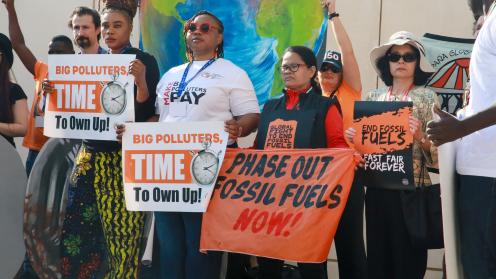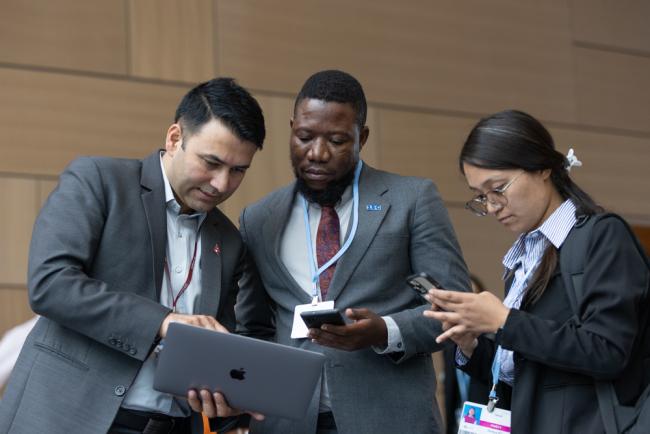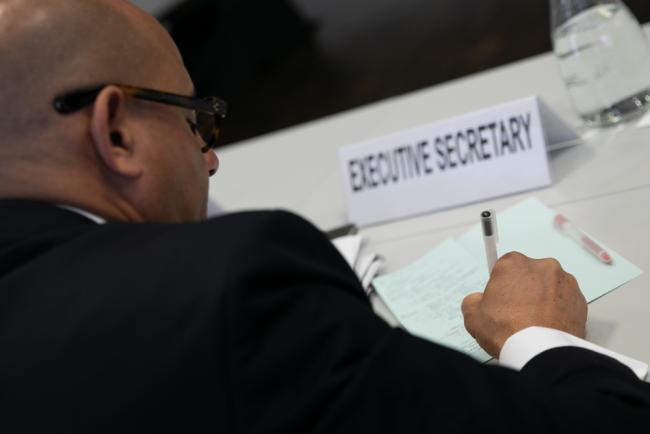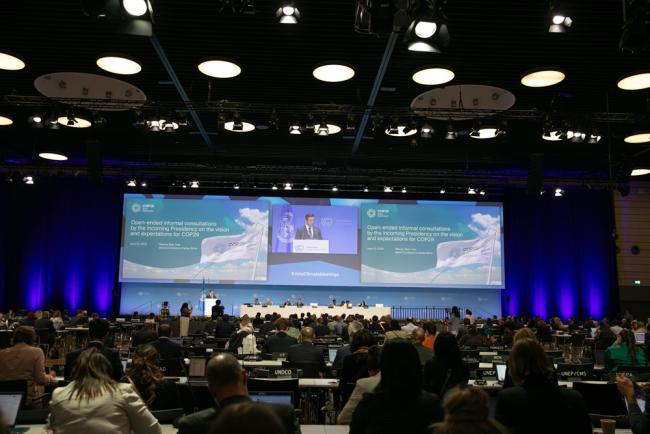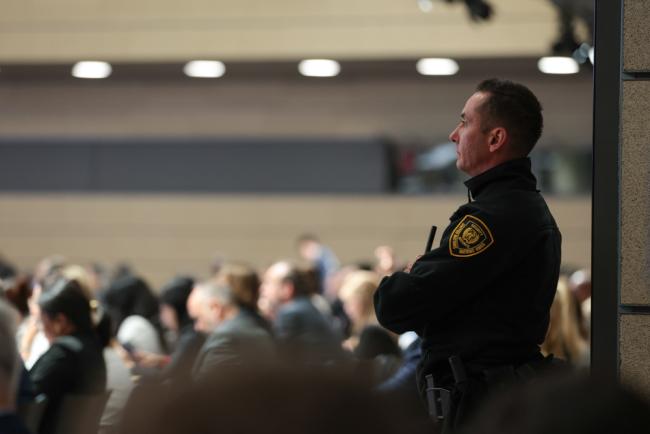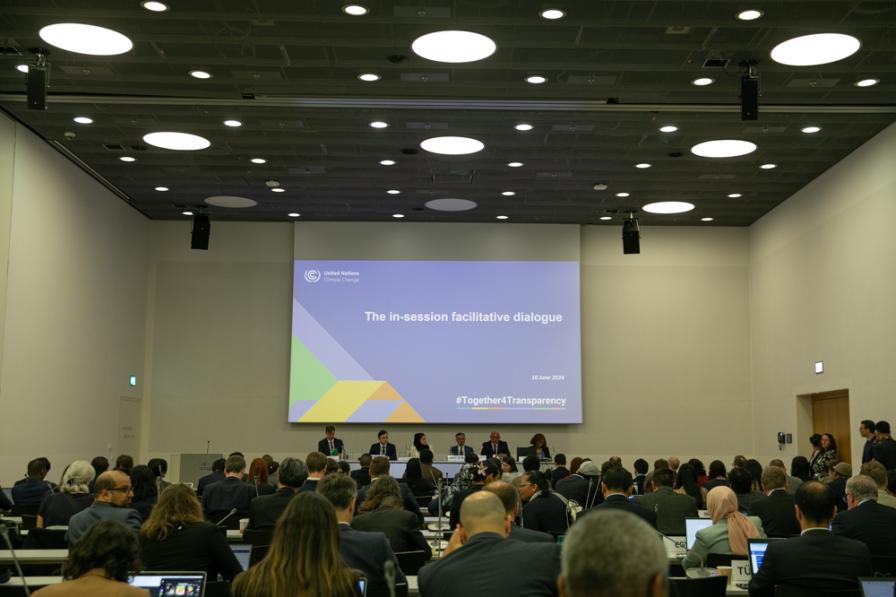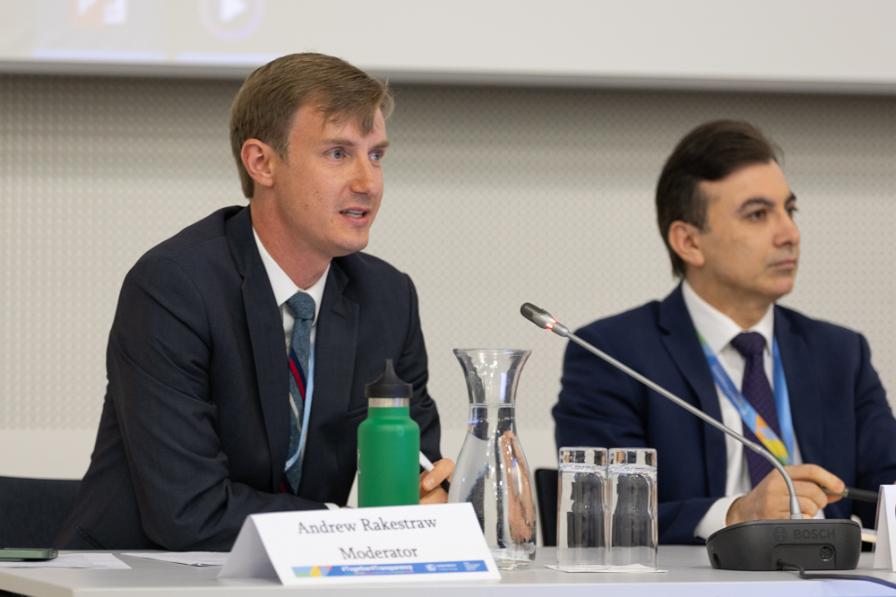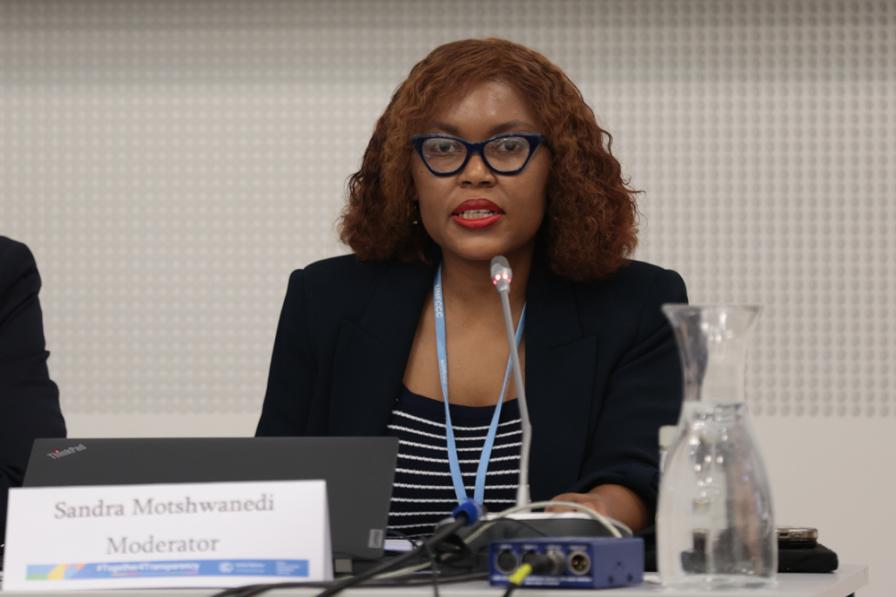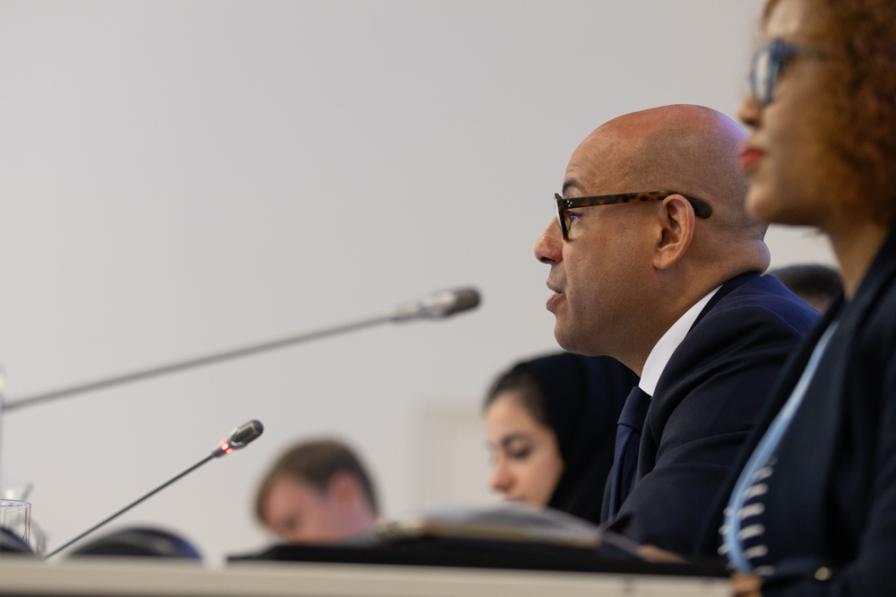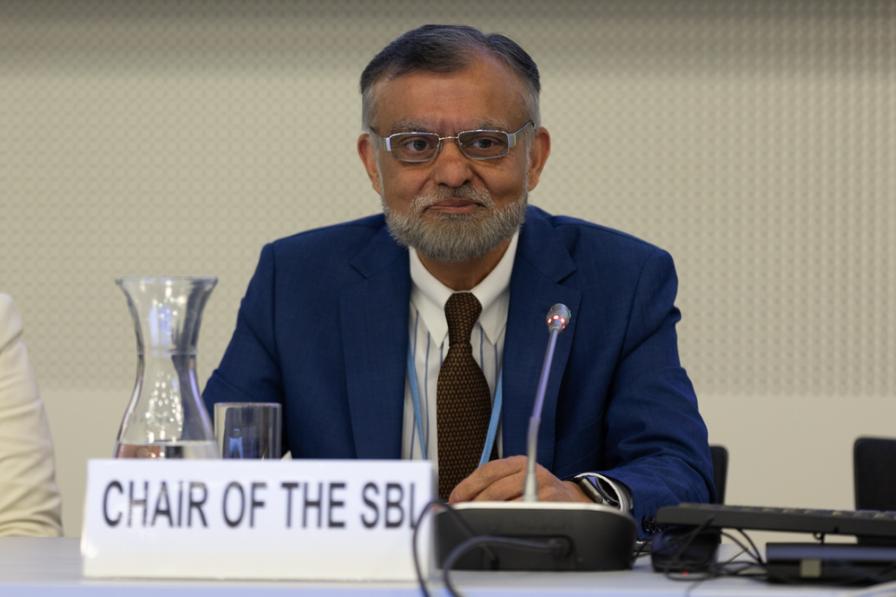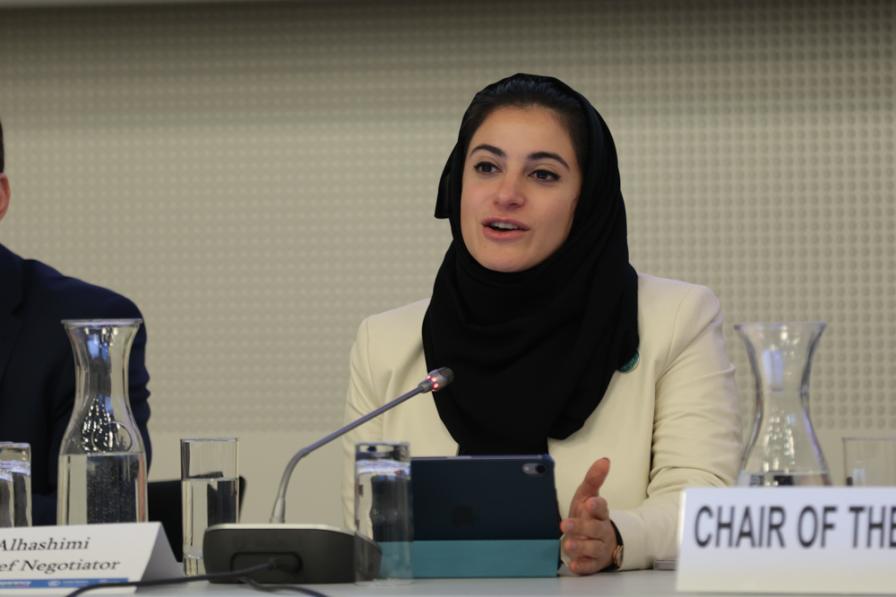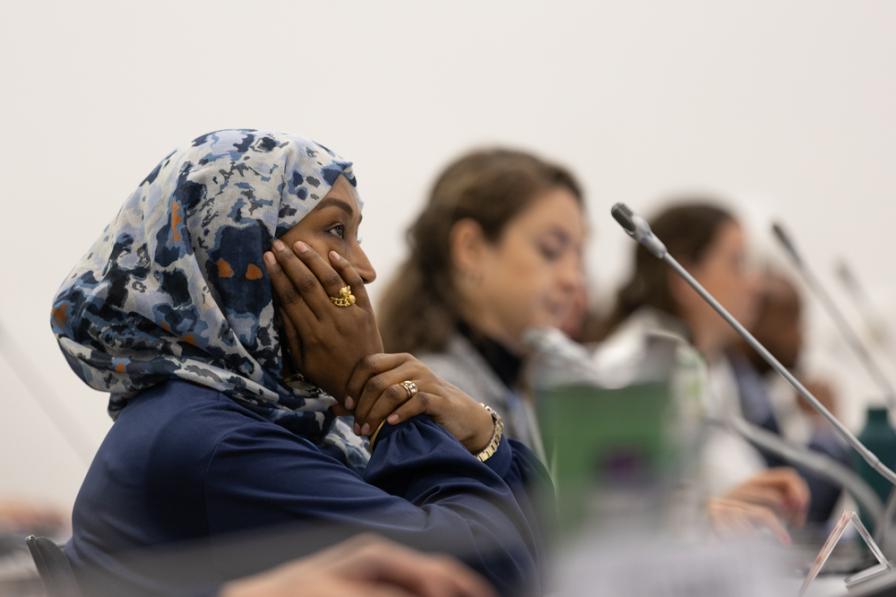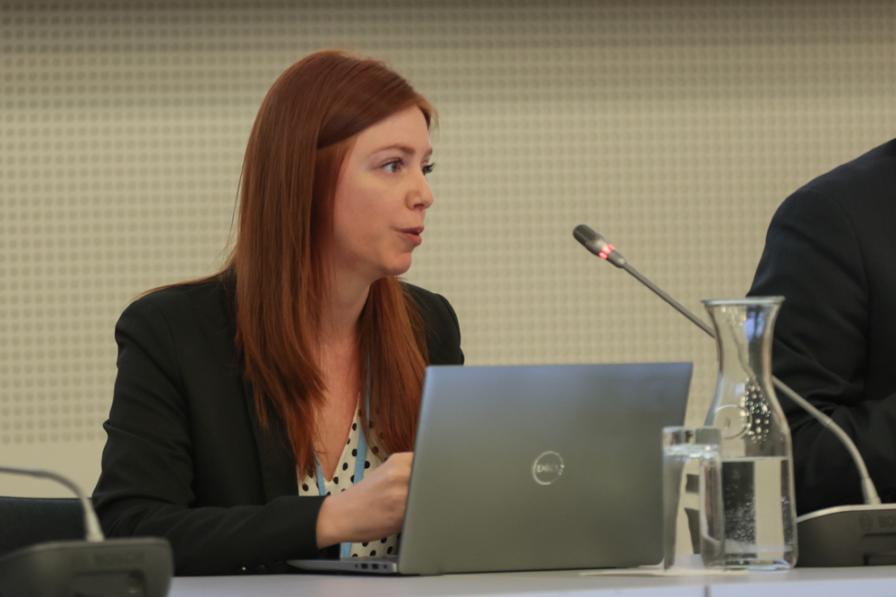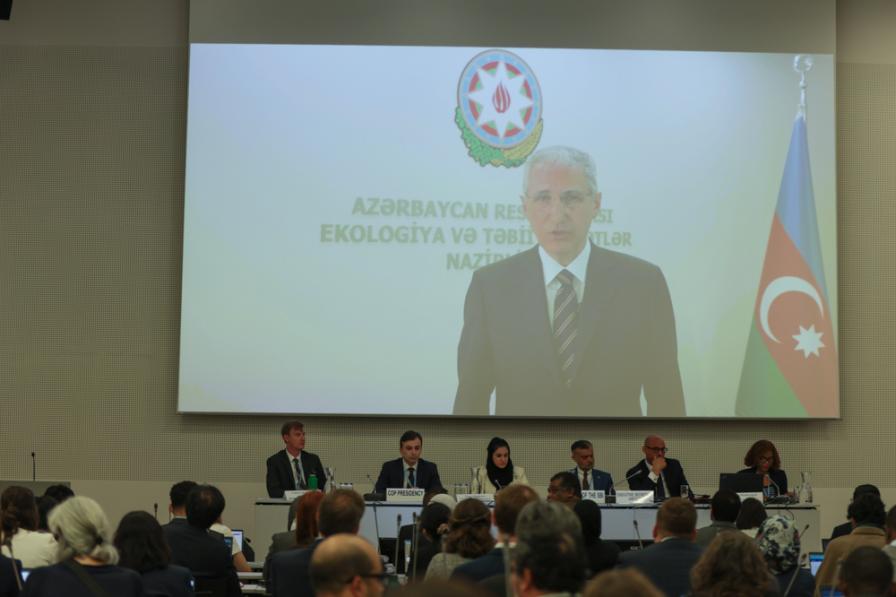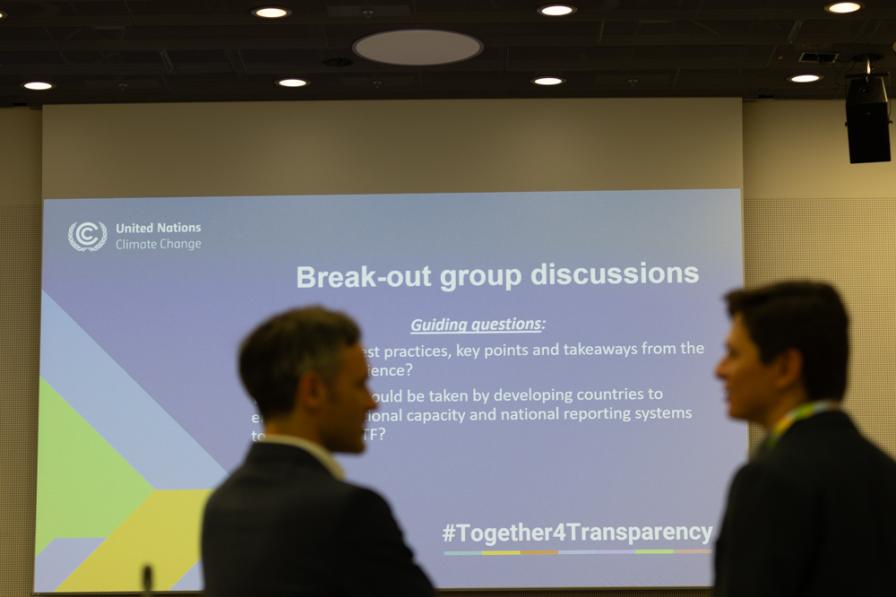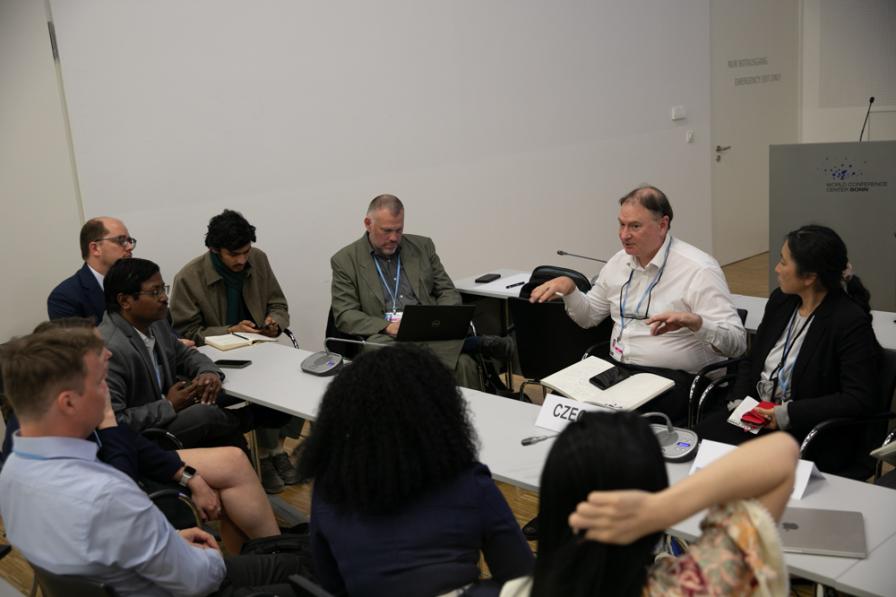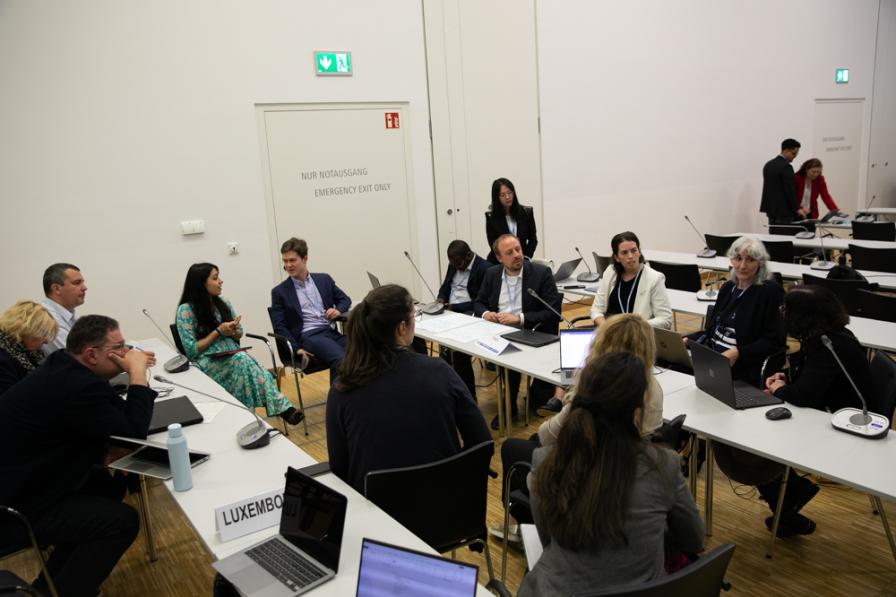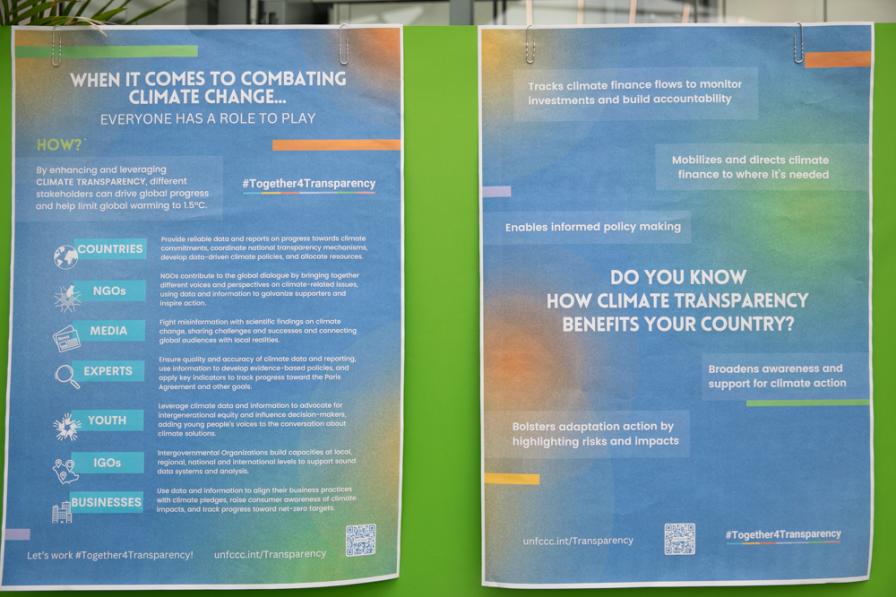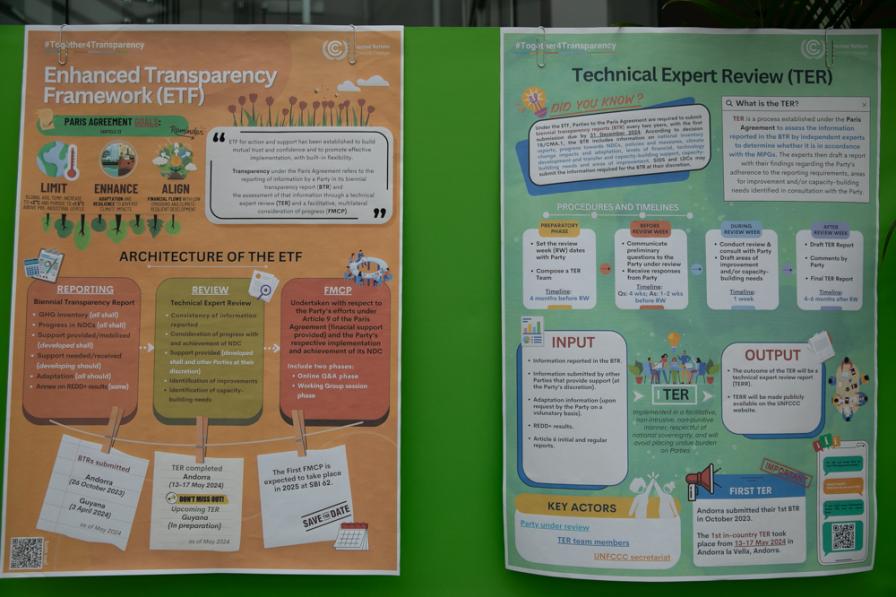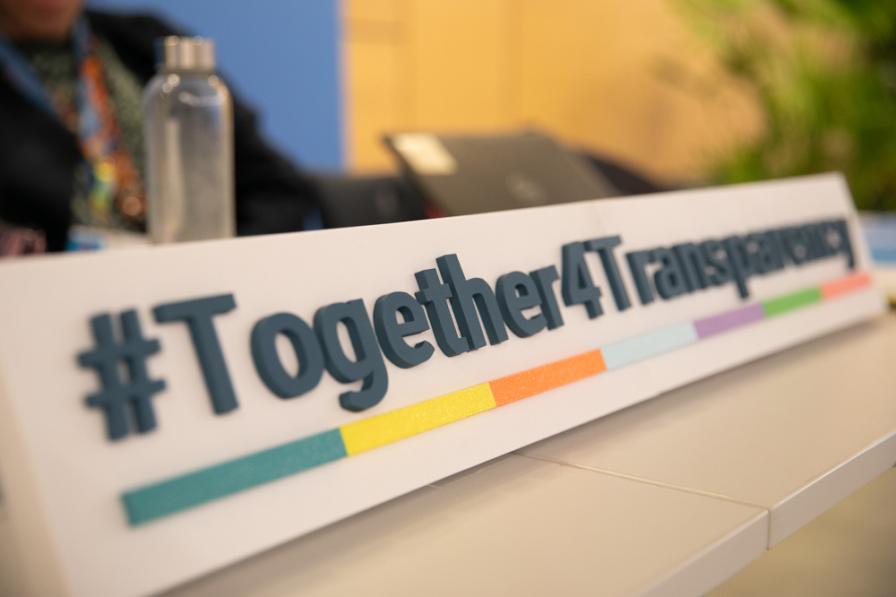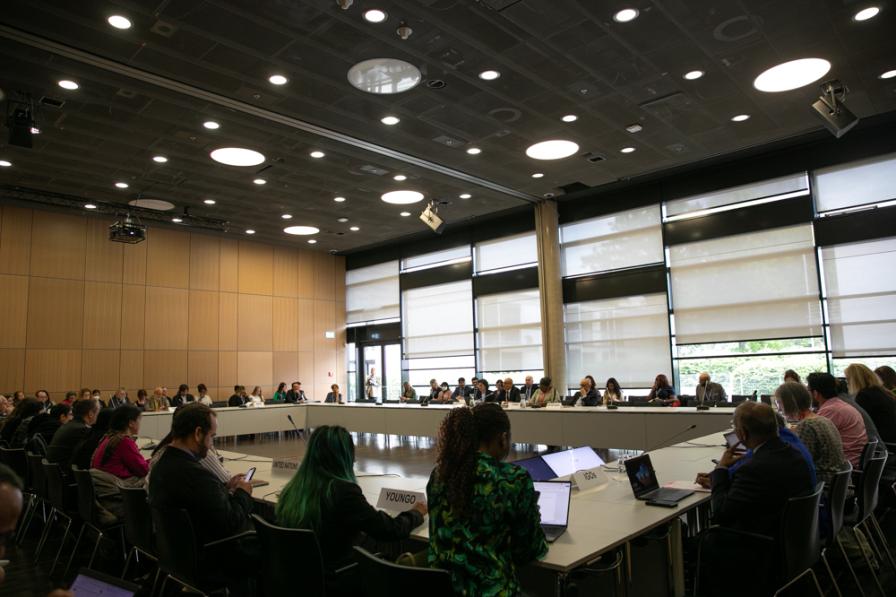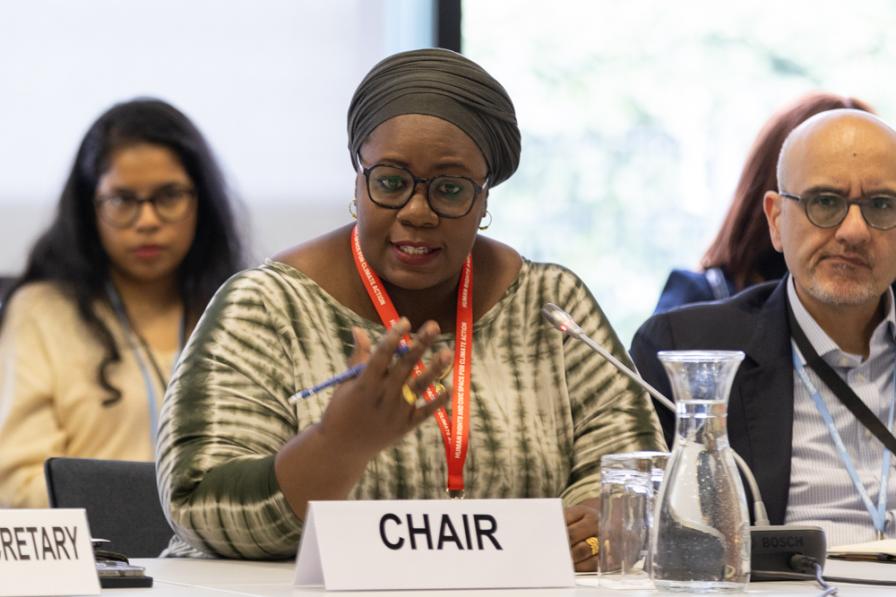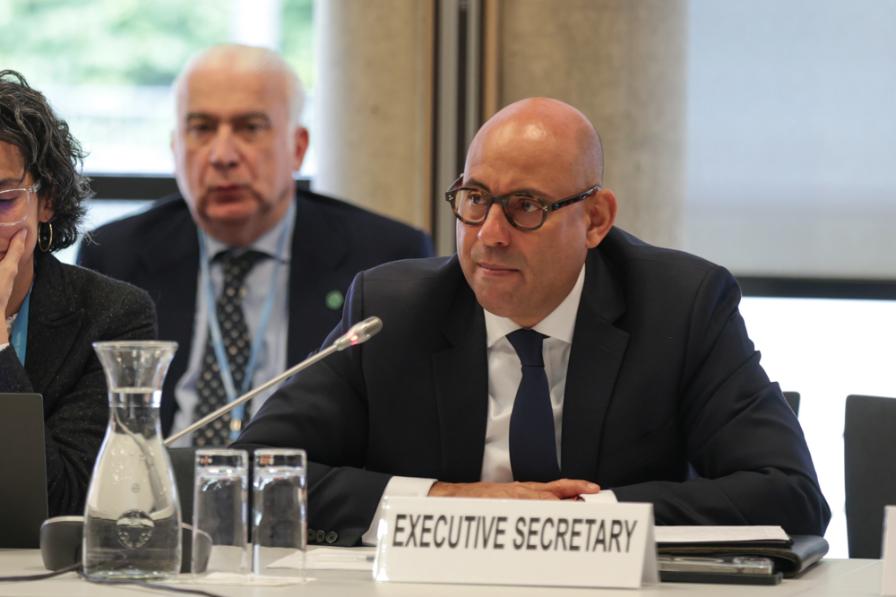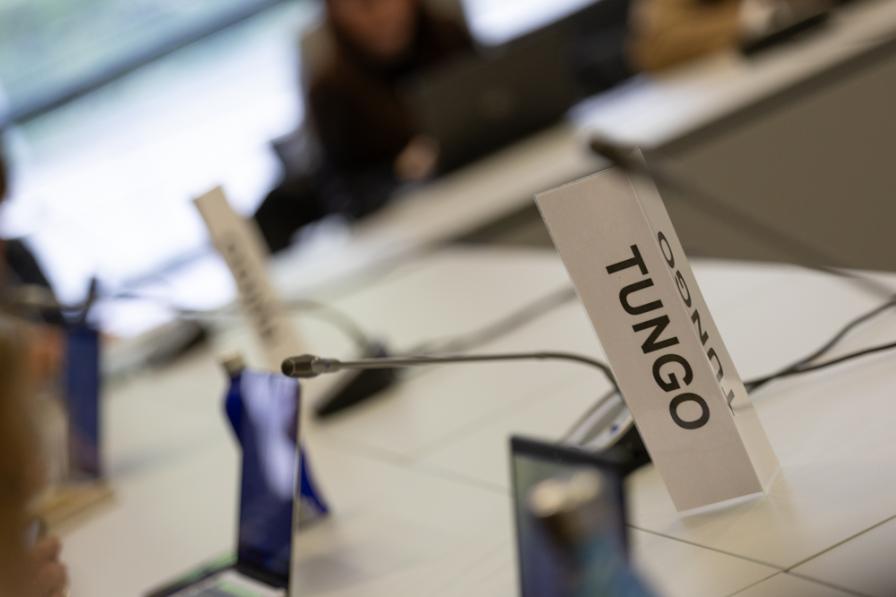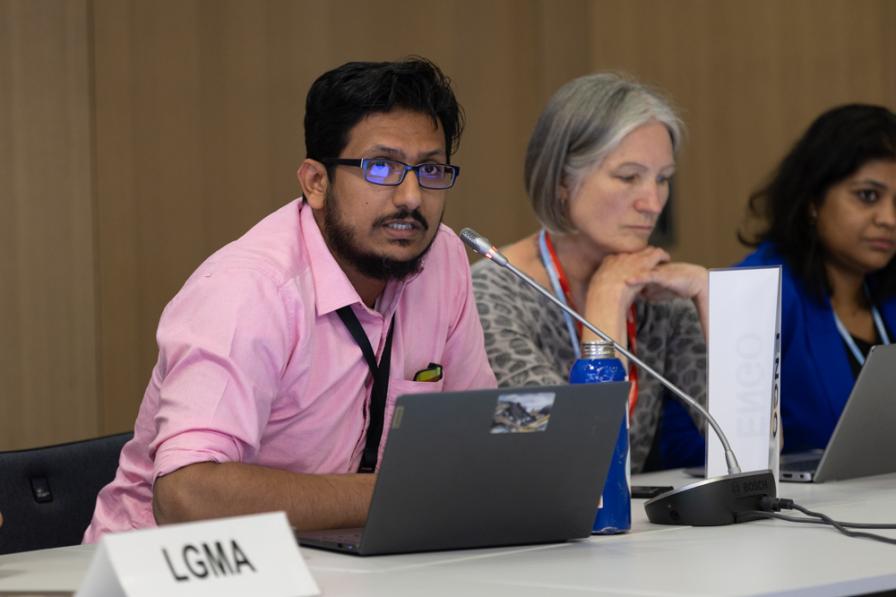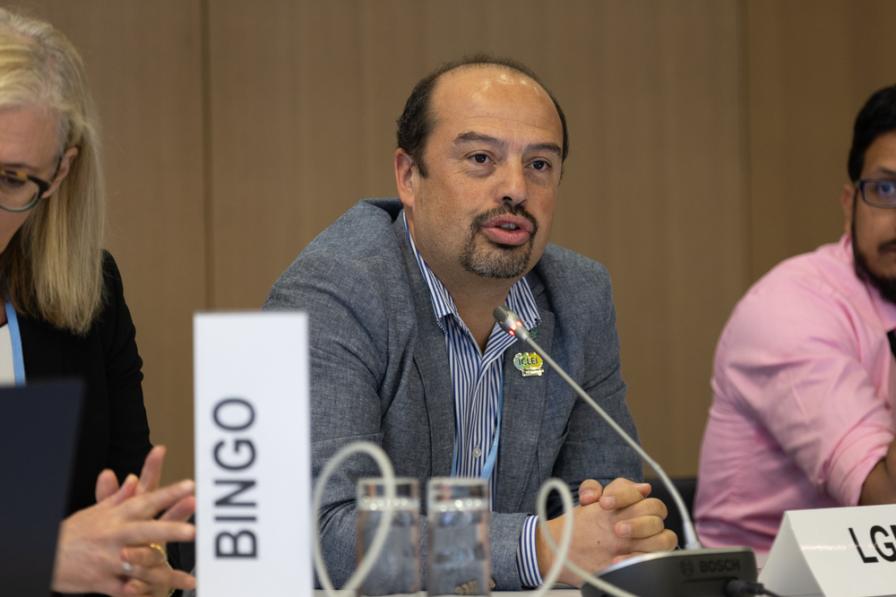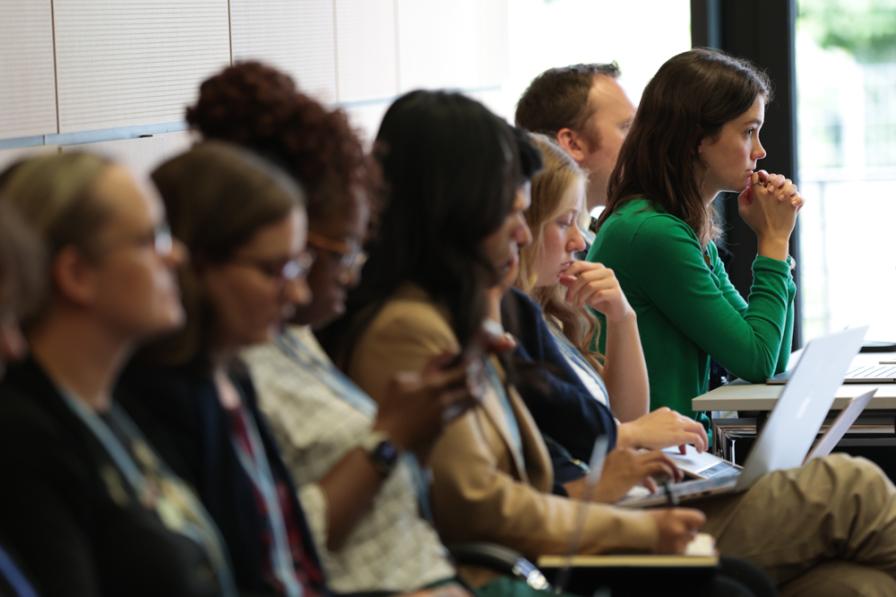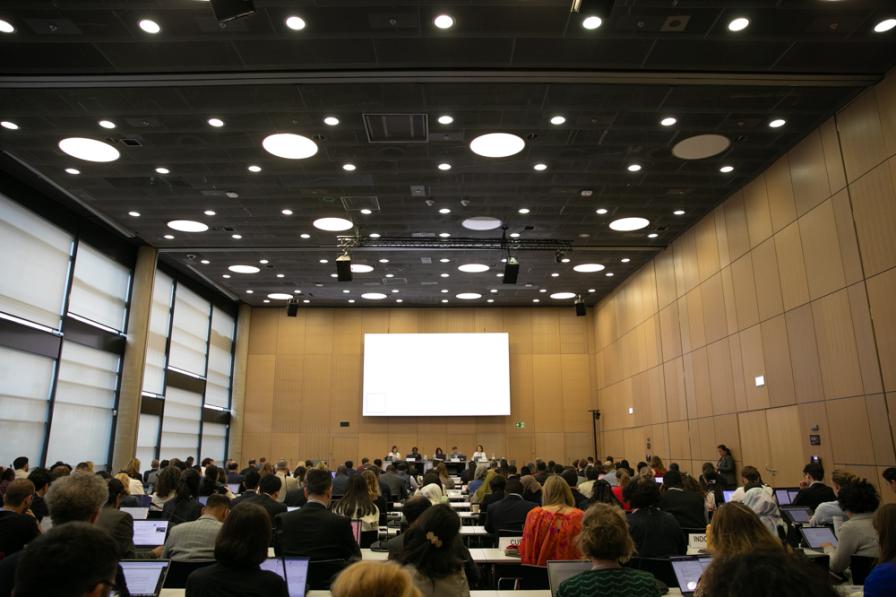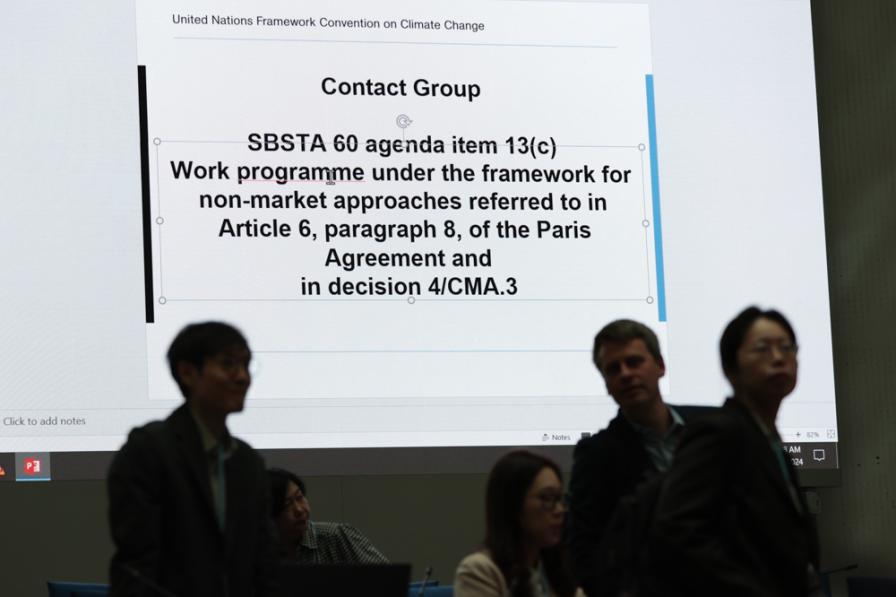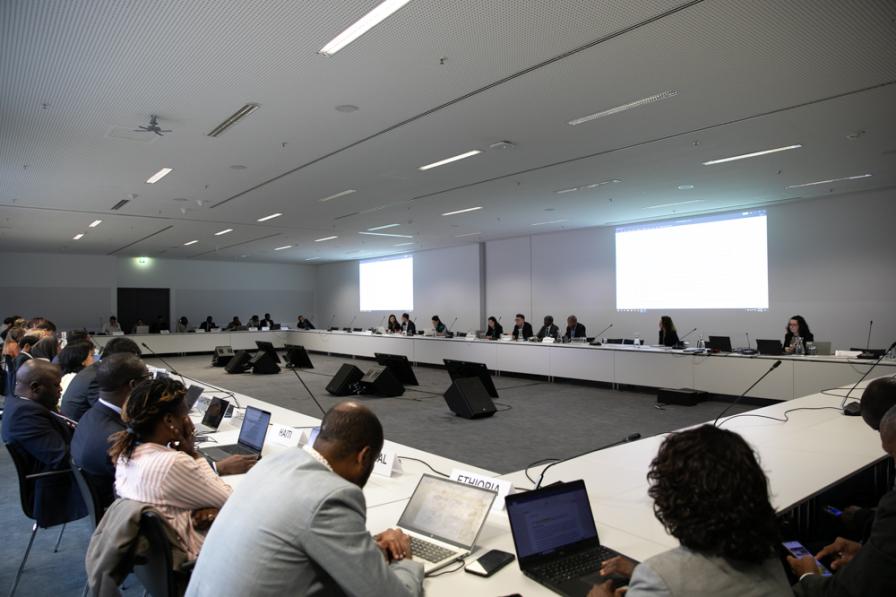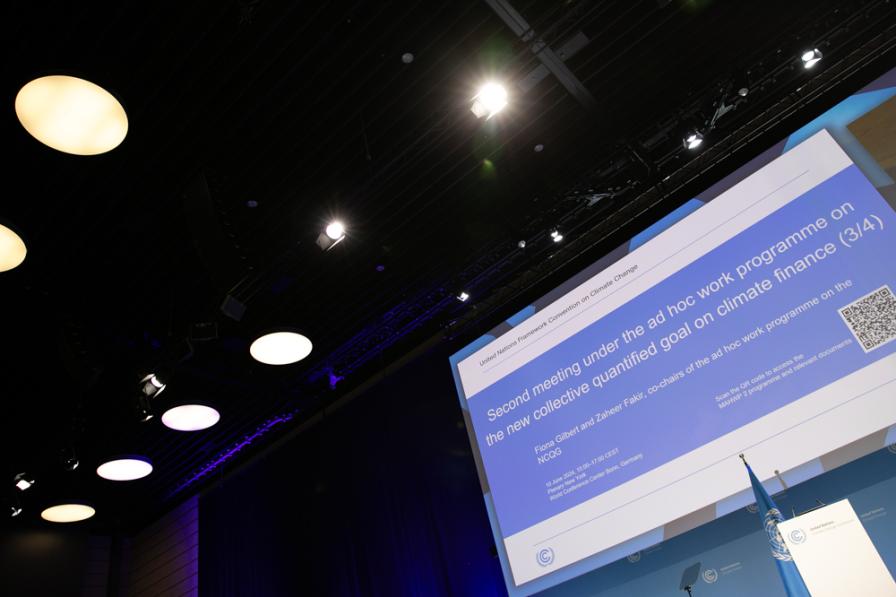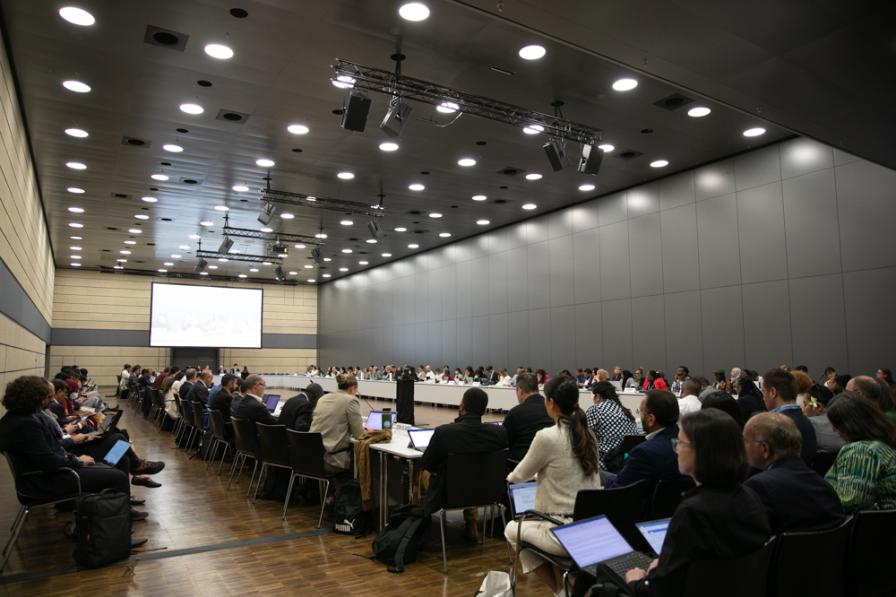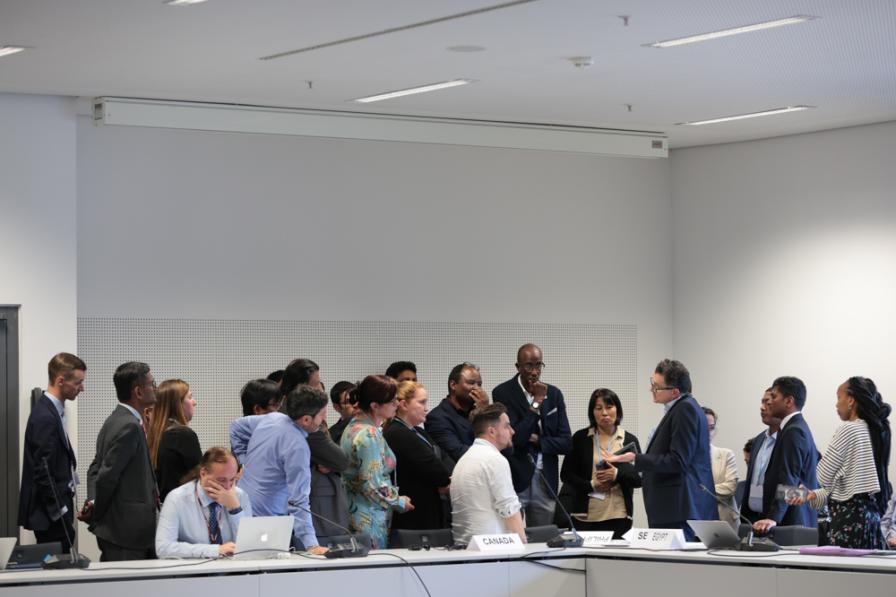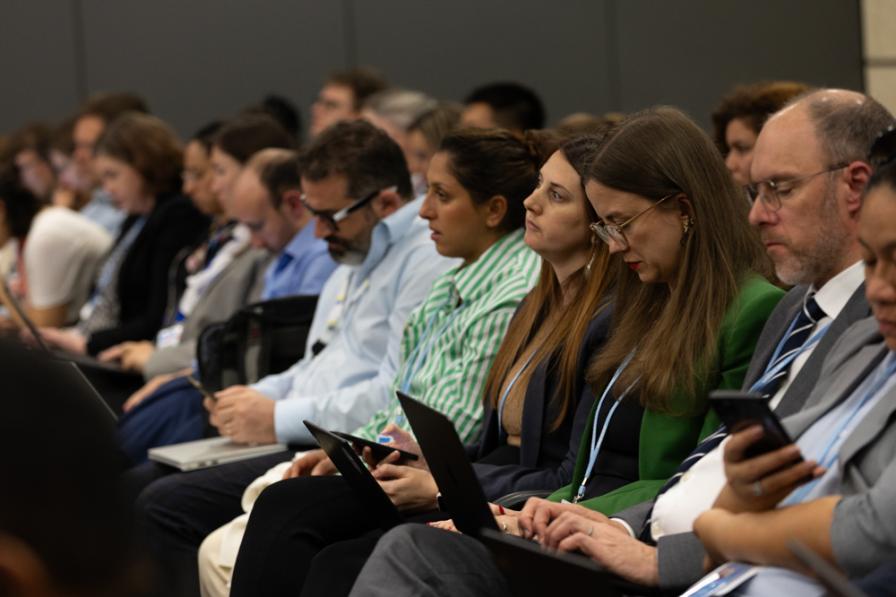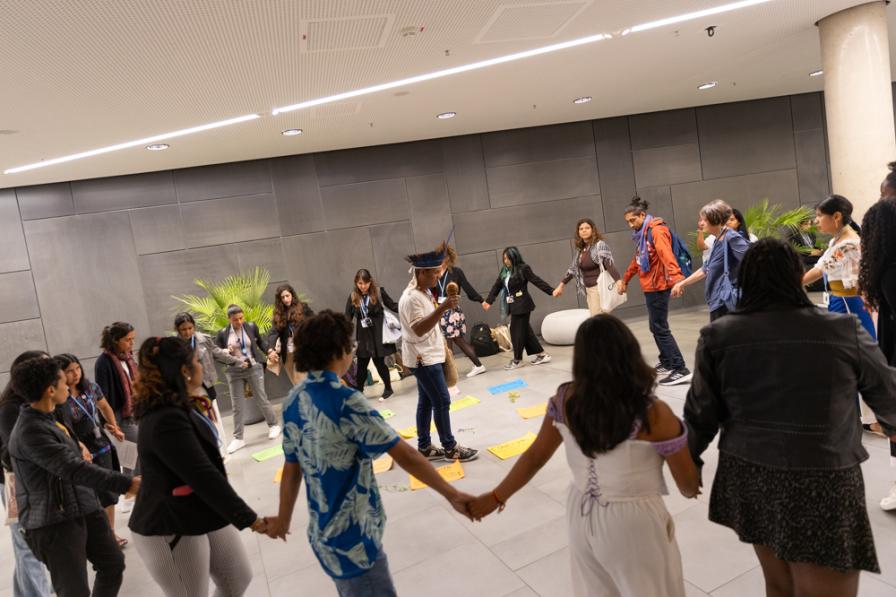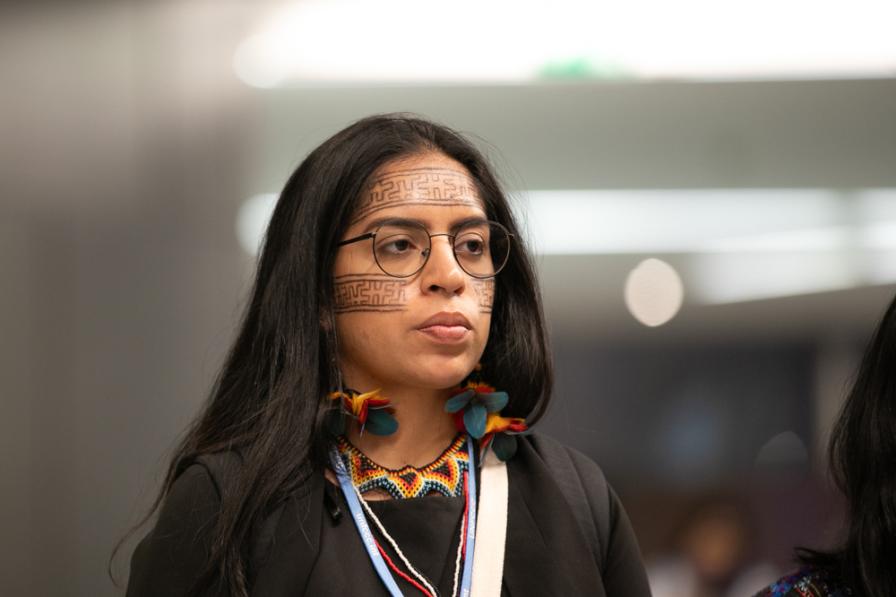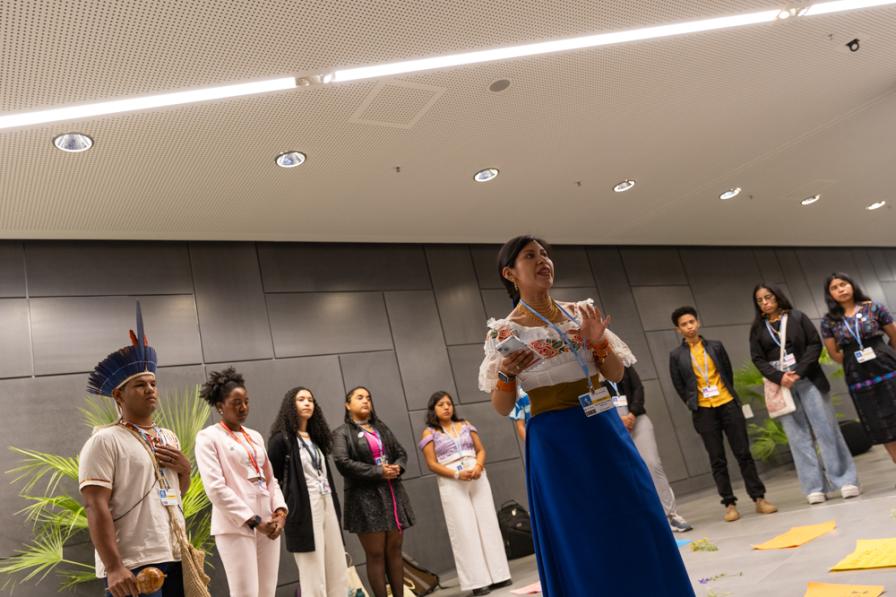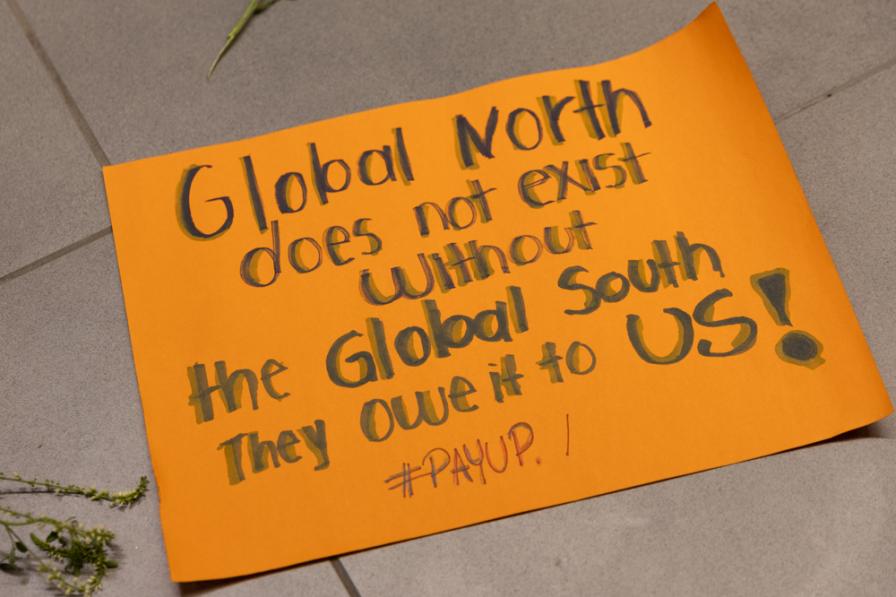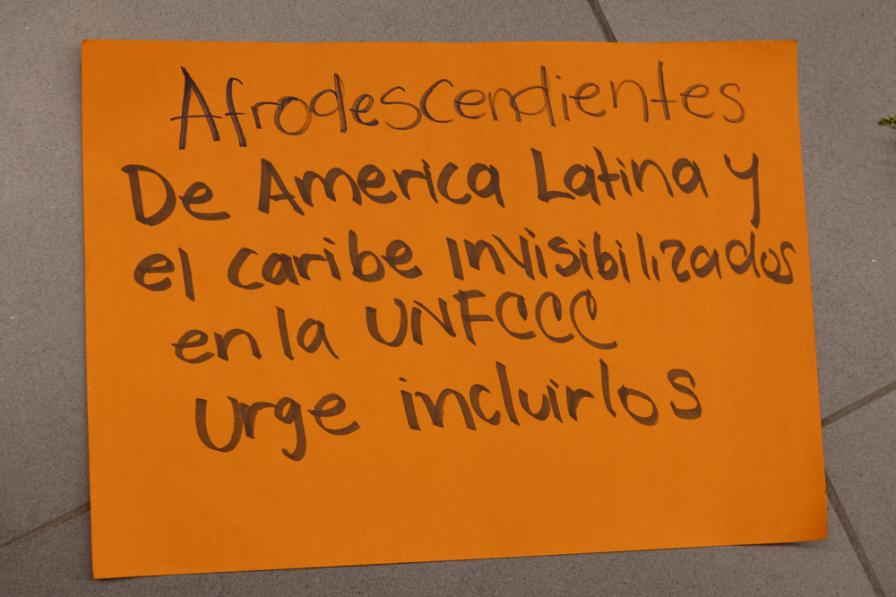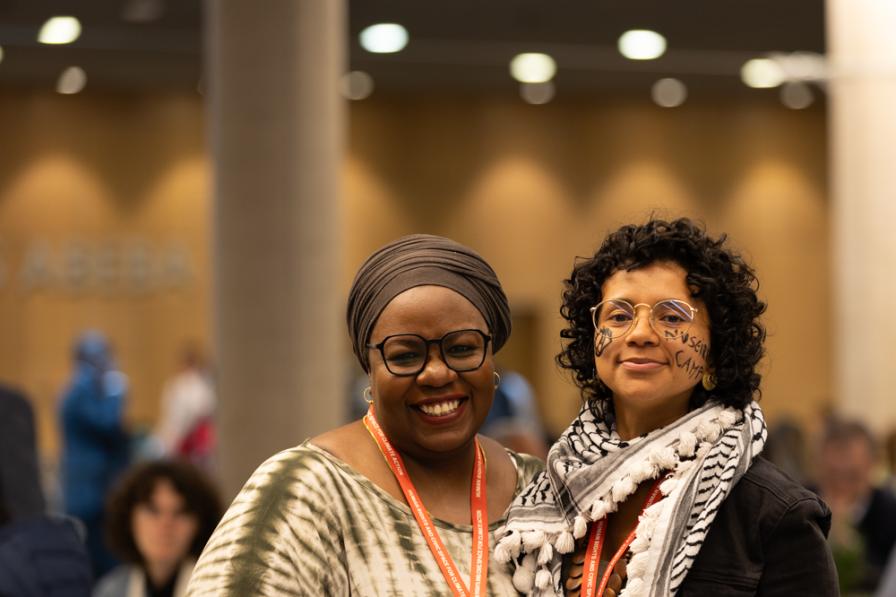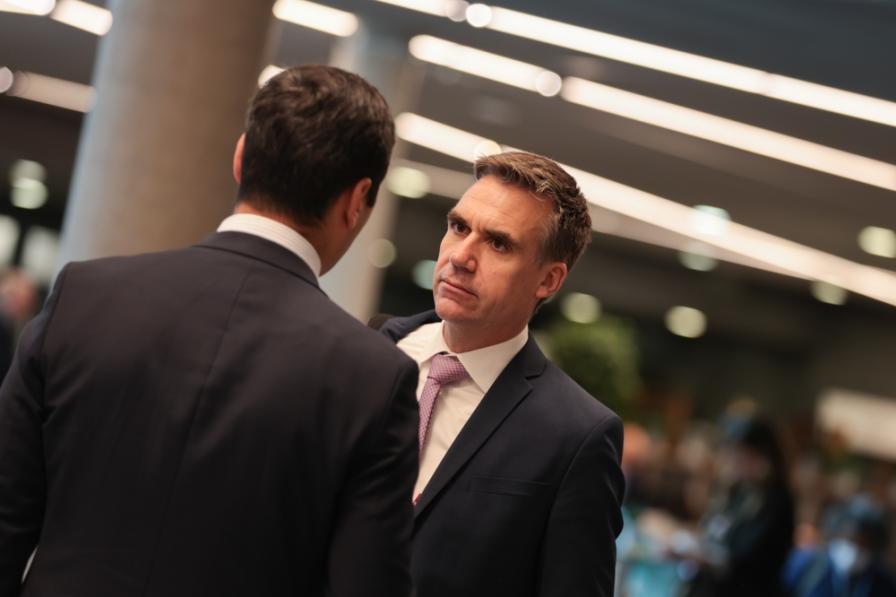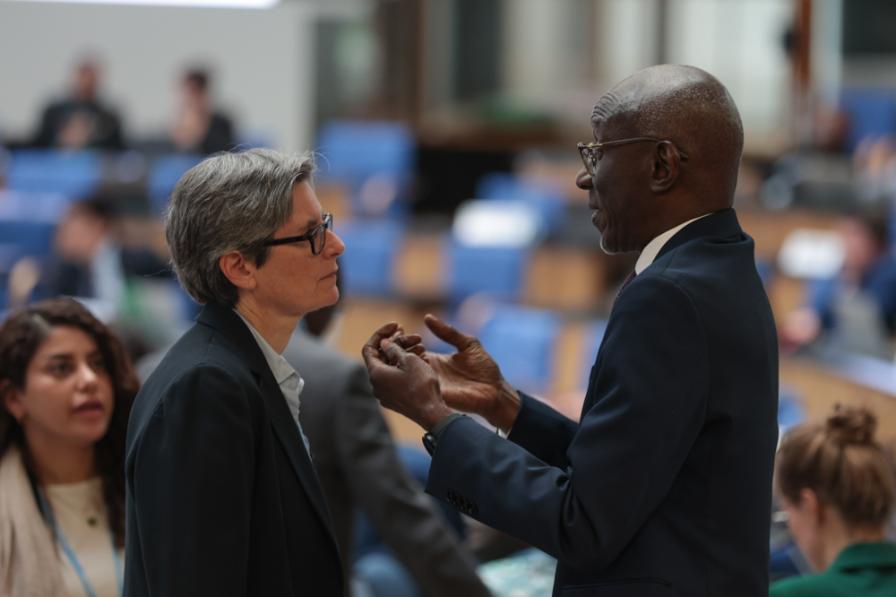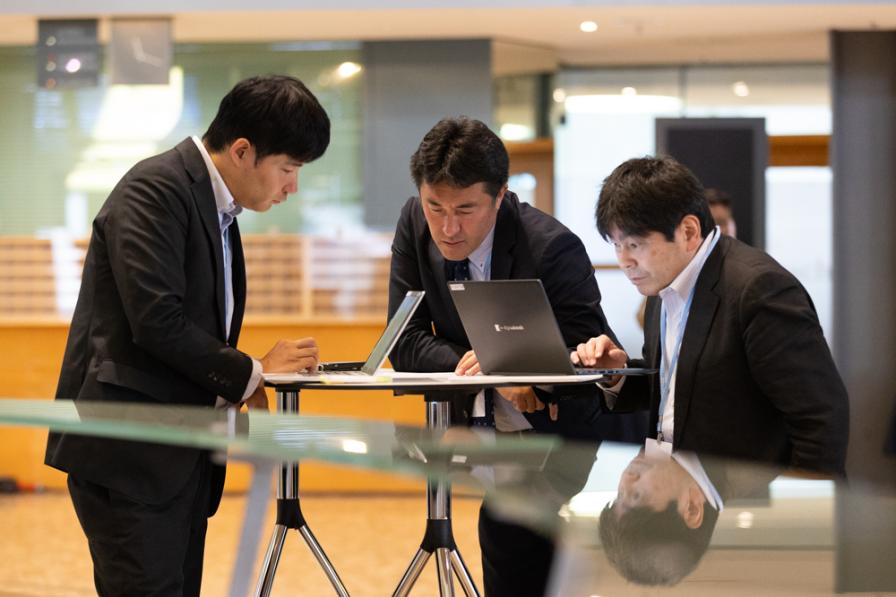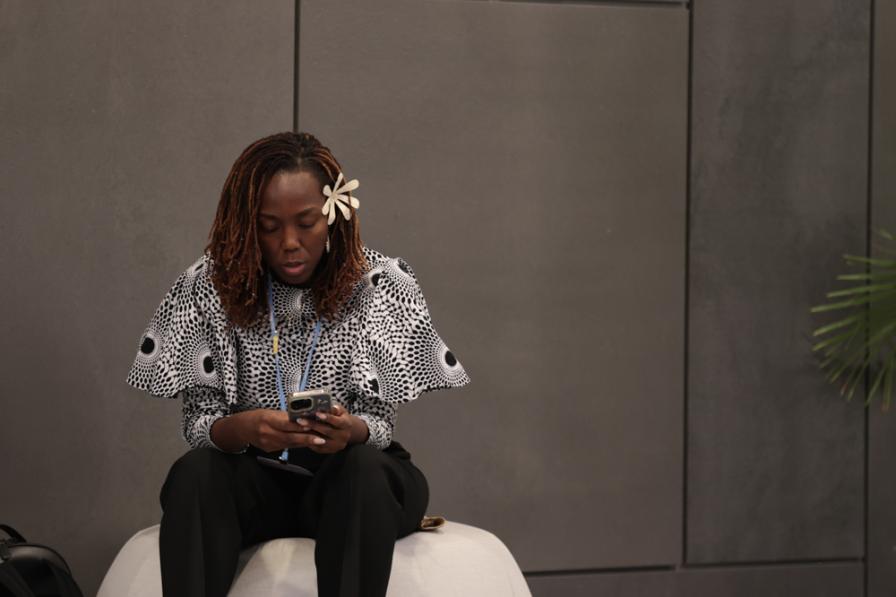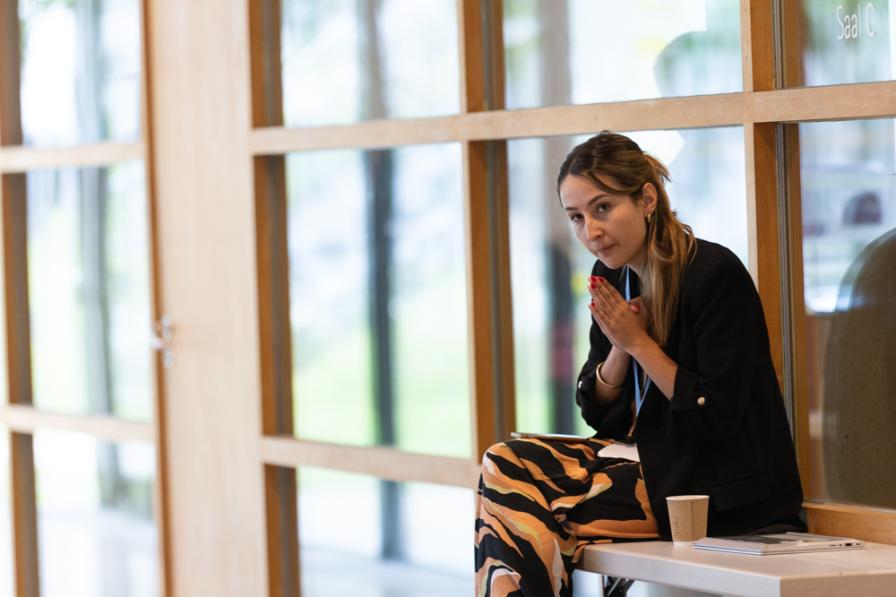If the Paris Agreement is the “machinery for climate action,” then biennial transparency reports (BTRs) tell us if the machinery is working—or if it needs repairs or upgrades. These words from Executive Secretary Simon Stiell underline just how important the issue of transparency is to the successful implementation of the Paris Agreement.
Transparency under the UN climate process generally refers to the reporting and review of relevant climate information and data. Under the UN Framework Convention on Climate Change (UNFCCC), there is a whole system for measurement, reporting and verification (MRV), which parties have been using for many years. With the submission of the biennial transparency reports (BTRs) by the end of 2024, parties are now transitioning to reporting under the Paris Agreement’s enhanced transparency framework (ETF).
Want to dig deeper into today's talks? Read the full Earth Negotiations Bulletin daily report.
With BTR preparations underway in many countries, the June Climate Talks featured a facilitative dialogue on sharing of experiences in gathering, analyzing, and managing data, to assist countries, especially developing countries, with this process. Parties discussed, among others:
- the importance of establishing effective data arrangements and formalizing them legally;
- the need to effectively communicate the purpose and benefits of the data collection in order to overcome industry pushback due to, among others, confidentiality reasons; and
- the benefits of effective storage systems to help preserve institutional memory, improve communication between teams, and avoid inconsistencies in approach.
The importance of transparency arrangements was a theme that was echoed in other rooms during Monday’s talks.
During the second meeting under the ad hoc work programme on the new collective quantified goal (NCQG) on climate finance, delegates discussed whether the ETF is fit for purpose in assessing the implementation of the yet-to-be defined goal or if other transparency arrangements are required. Parties also considered issues relating to quantum of, and access to, finance, with several calling for simplified access for small island developing states and least developed countries (LDCs).
Many negotiating sessions went over time as delegates tried to get disagreements sorted before running out of allocated time slots. Some rooms, such as on the Local Communities and Indigenous Peoples Platform (LCIPP), managed to reach agreement. Others, such as those on the Mitigation Work Programme, still have much to do.
To receive free coverage of global environmental events delivered to your inbox, subscribe to the ENB Update newsletter.
All ENB photos are free to use with attribution. For the Bonn Climate Change Conference 2024, please use: Photo by IISD/ENB | Kiara Worth.
Facilitative Dialogue on Reporting under the Paris Agreement
Executive Secretary Meeting with Observers
Informal Consultations and Contact Groups Throughout the Day
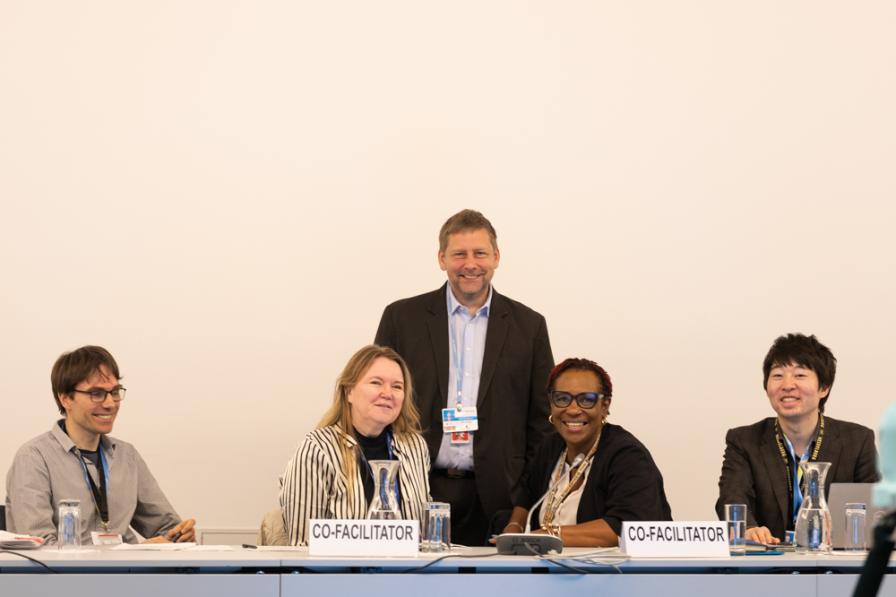
Co-Facilitators for Agriculture and Food Security Annela Anger-Kraavi, Slovakia, and Una May Gordon, Belize, with the UNFCCC Secretariat support team
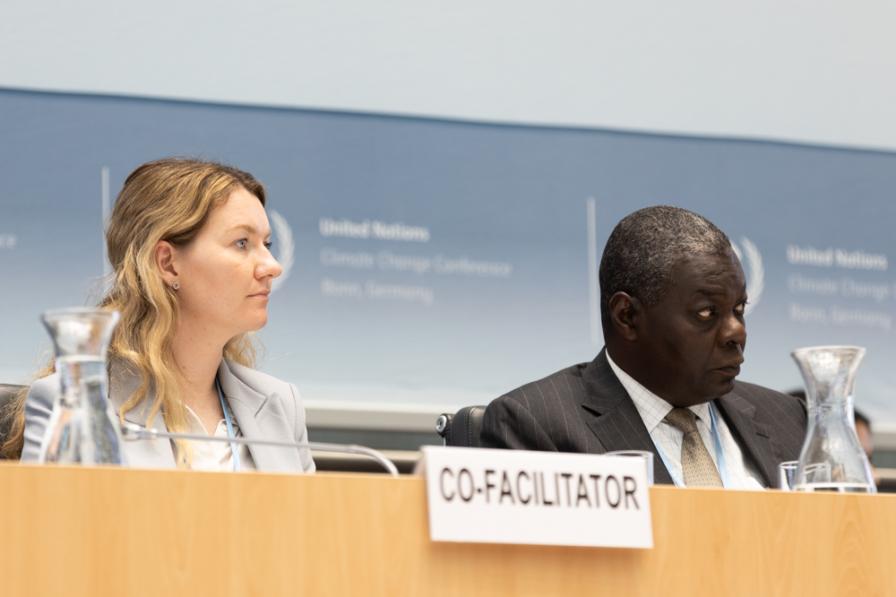
Co-Facilitators for the Global Goal on Adaptation Tina Kobilšek, Slovenia, and Pedro Pedroso Cuesta, Cuba
